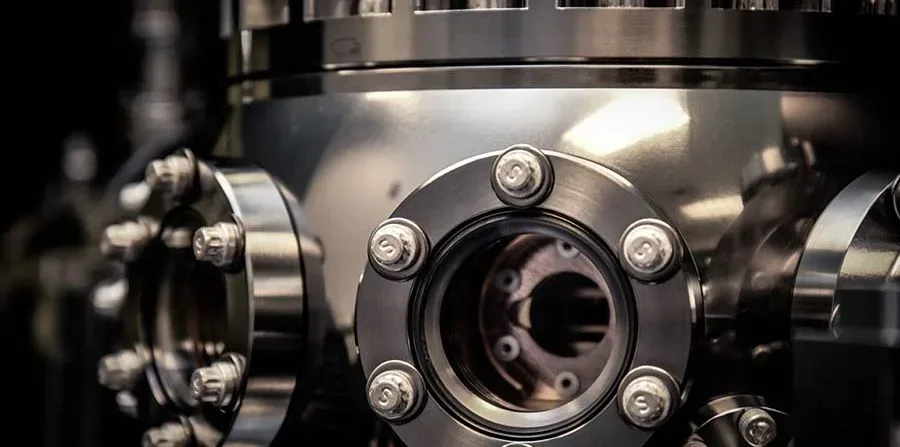Quantinuum continues to deliver exponential developments on its quantum computers with its recent upgrades on the gate and measurement fidelity, memory errors, circuit compilation, real-time classical computing resources, and quantum operations from 10 qubits to 12. The System Model H1, powered by Honeywell, the world’s largest integrated quantum computing company, is an advanced technology built on trapped-ion quantum computing hardware, that has doubled the initial performance of its quantum volume, from 1024 to 2048.
Quantinuum has shown the possibility to release a generation of quantum computers that can be quickly and systematically upgraded in parallel with commercial usage. Giving its clients and colleagues the privilege to access the latest upgrades immediately.
Last year, Quantinuum released a real-time demonstration of its design through the System Model H1. The H1-1, the first System Model H1, launched in October 2020 with a measured quantum volume of 128. Quantum volume is a statistic coined created by IBM to assess a quantum computing system’s overall capability and performance, regardless of technology. To get the quantum volume, a series of calculations and complex random circuits are executed and results are then put into statistical data analysis.
Quantinuum produced repeated modifications to the H1-1 in 2021, under its trapped-ion hardware team, also previously known as Honeywell Quantum Solutions, attaining measured quantum volume records of 512 in March 2021 and subsequently 1,024 in July 2021. During this time, Quantinuum covertly released the H1-2, the second H1 generation quantum computer, to clients and colleagues. The H1-ion-trap 2’s architecture, control system design, integrated optics, and photonics are all the same as the H1- 1’s.
Our H1 generation of quantum computers are nearly identical copies, with the ongoing exception that at any given time one computer might have received upgrades prior to the other …
Our goal is to provide users with the highest-performing hardware as they work on solving real-world problems.
Dr. Russ Stutz, Head of Commercial Products for the hardware team
Throughout 2021, improvements to both H1 quantum computers included an increased gate and measurement fidelity, fewer memory errors, faster circuit compilation, real-time classical computing resources, and quantum operations using 12 qubits, upgraded from the initial available computational of 10 qubits.
One of the notable things about the approach is that there is consistency in performance alongside the upgrading phase.
Our customers frequently comment about their ability to reliably get expected results, including when running deep circuits and using sophisticated features like mid-circuit measurement, qubit reuse, and conditional logic.
Dr. Brian Neyenhuis, Head of Commercial Operations for the hardware team.
H1-2 measured a Quantum Volume of 2,048 (211) just last week, breaking the previous record for the biggest quantum volume ever measured on a quantum computer. The performance of the H1 generation of quantum computers is continuing to improve at a rate of 10X each year, as promised in March 2020.
We look forward to continued momentum in 2022 with expected advances in multiple application areas as well as further advances in the H-Series quantum computers
Tony Uttley, President and Chief Operating Officer of Quantinuum
Read more about the news here.

